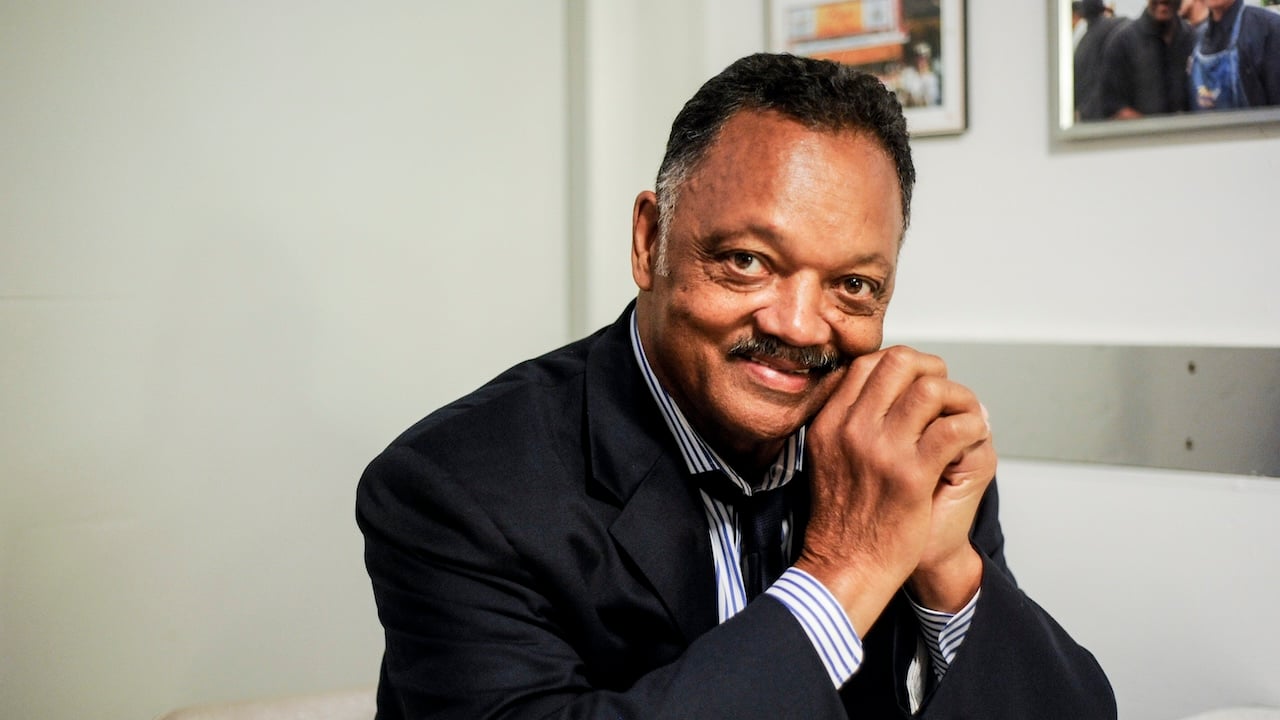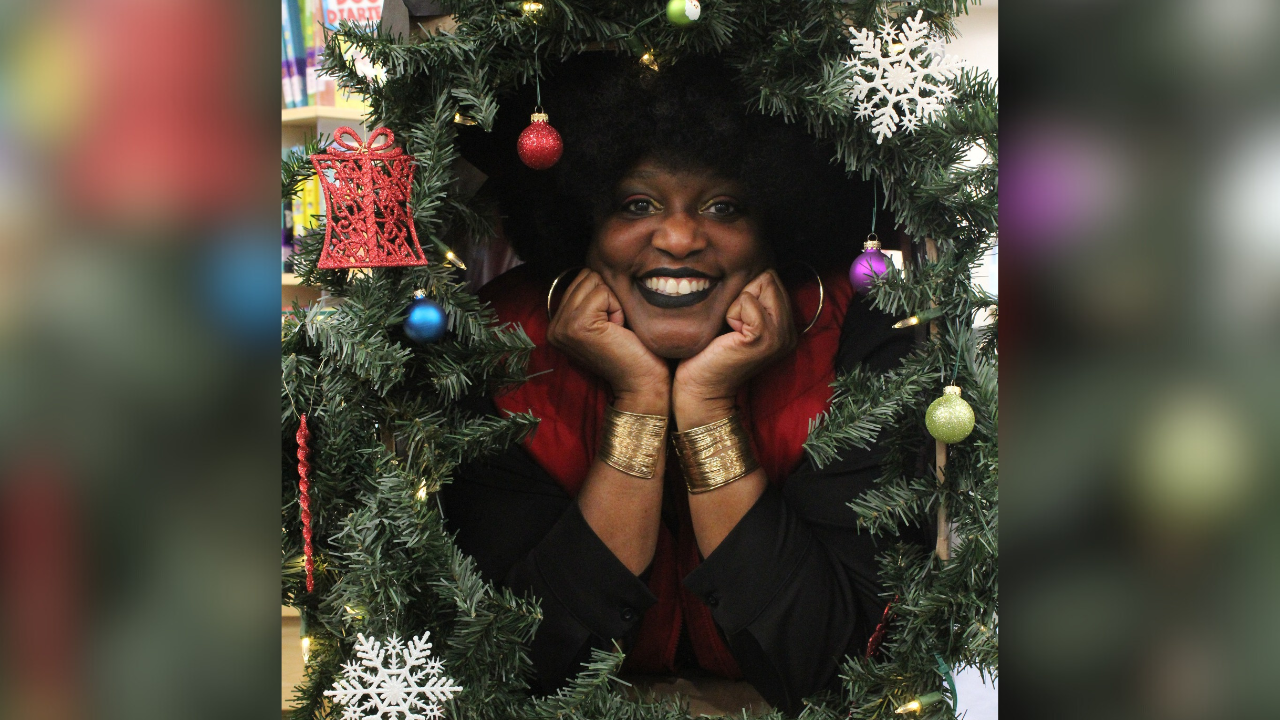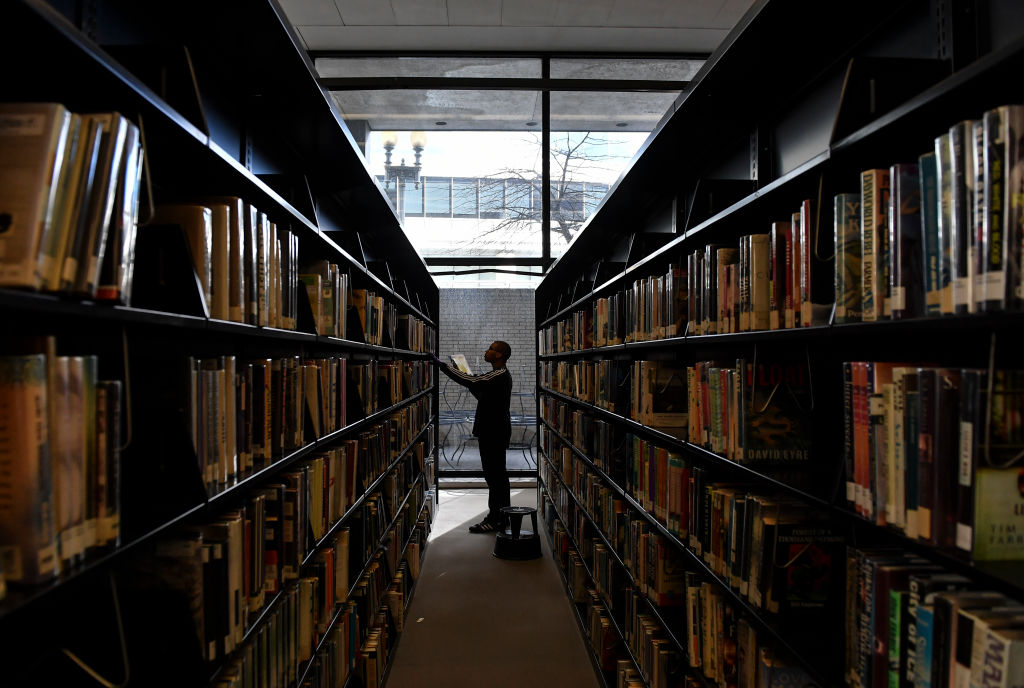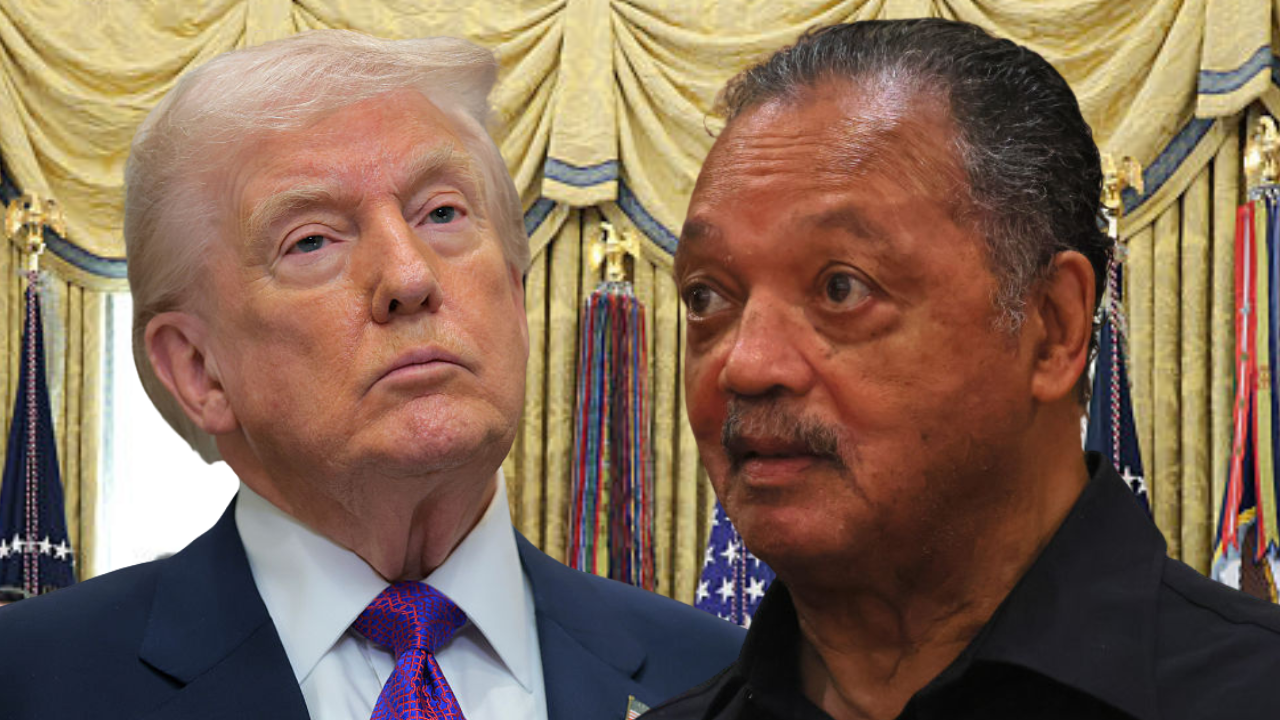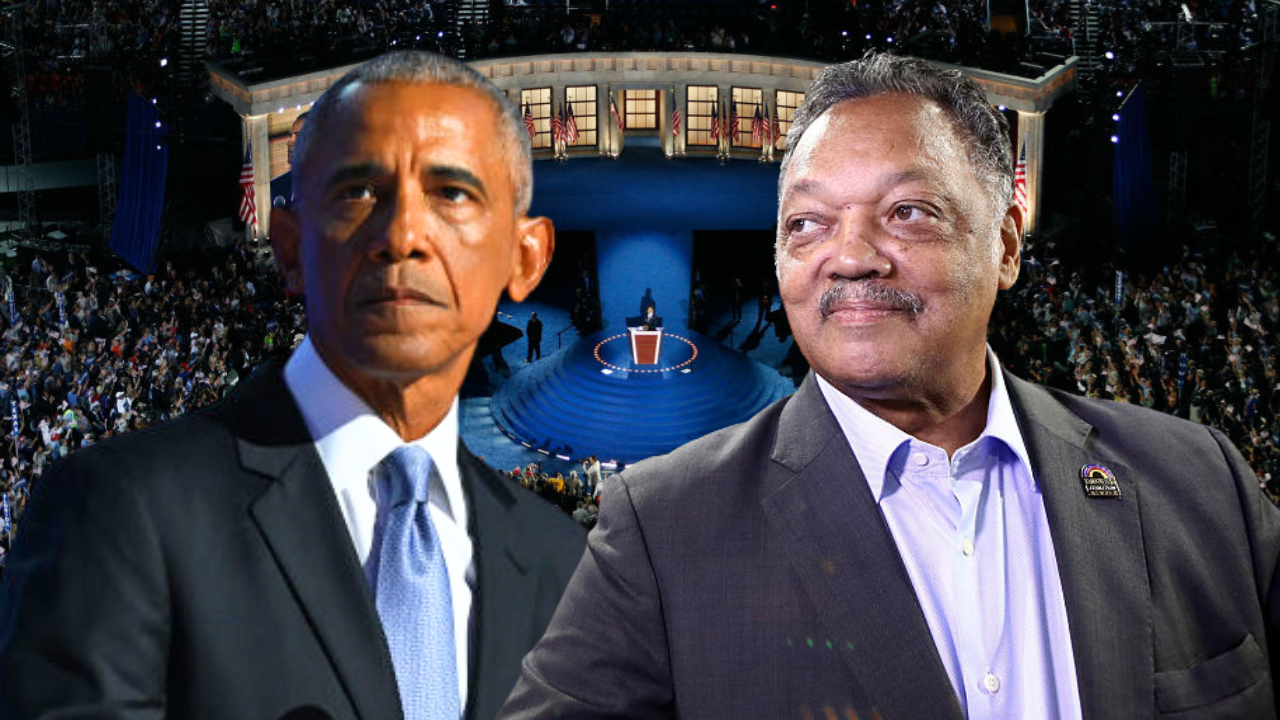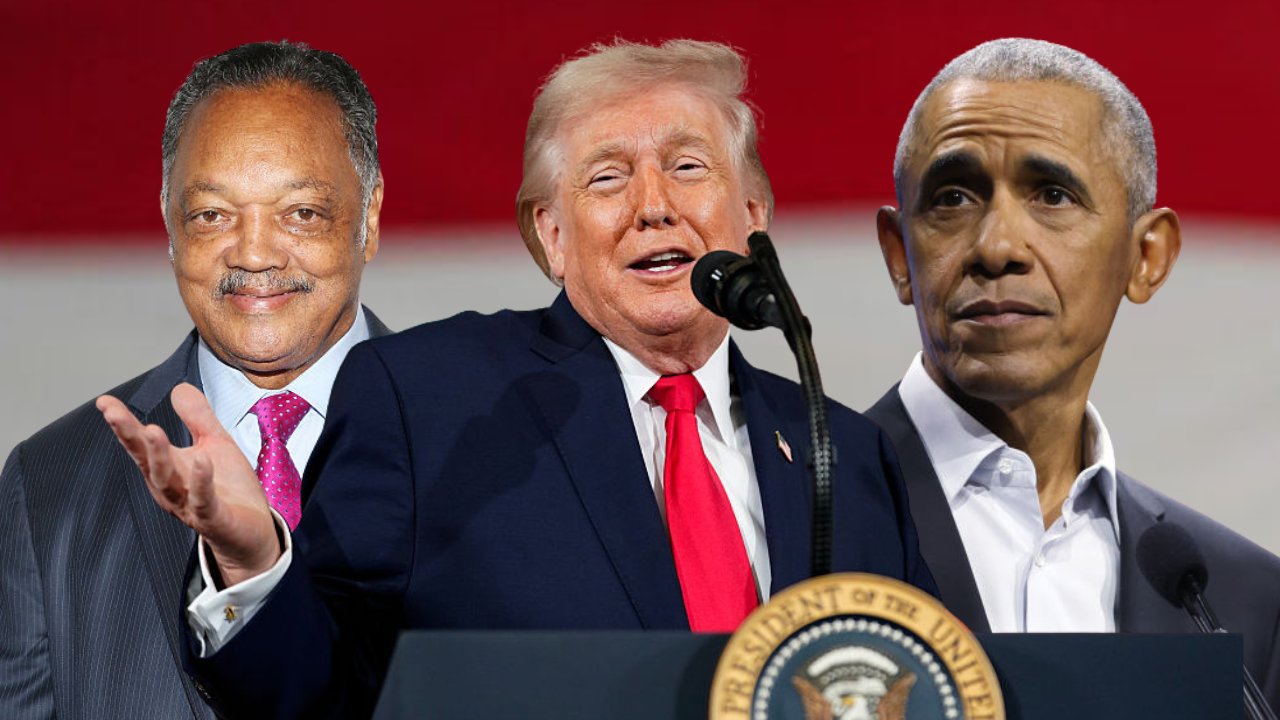Why are Black events like CultureCon and EssenceFest always under fire?

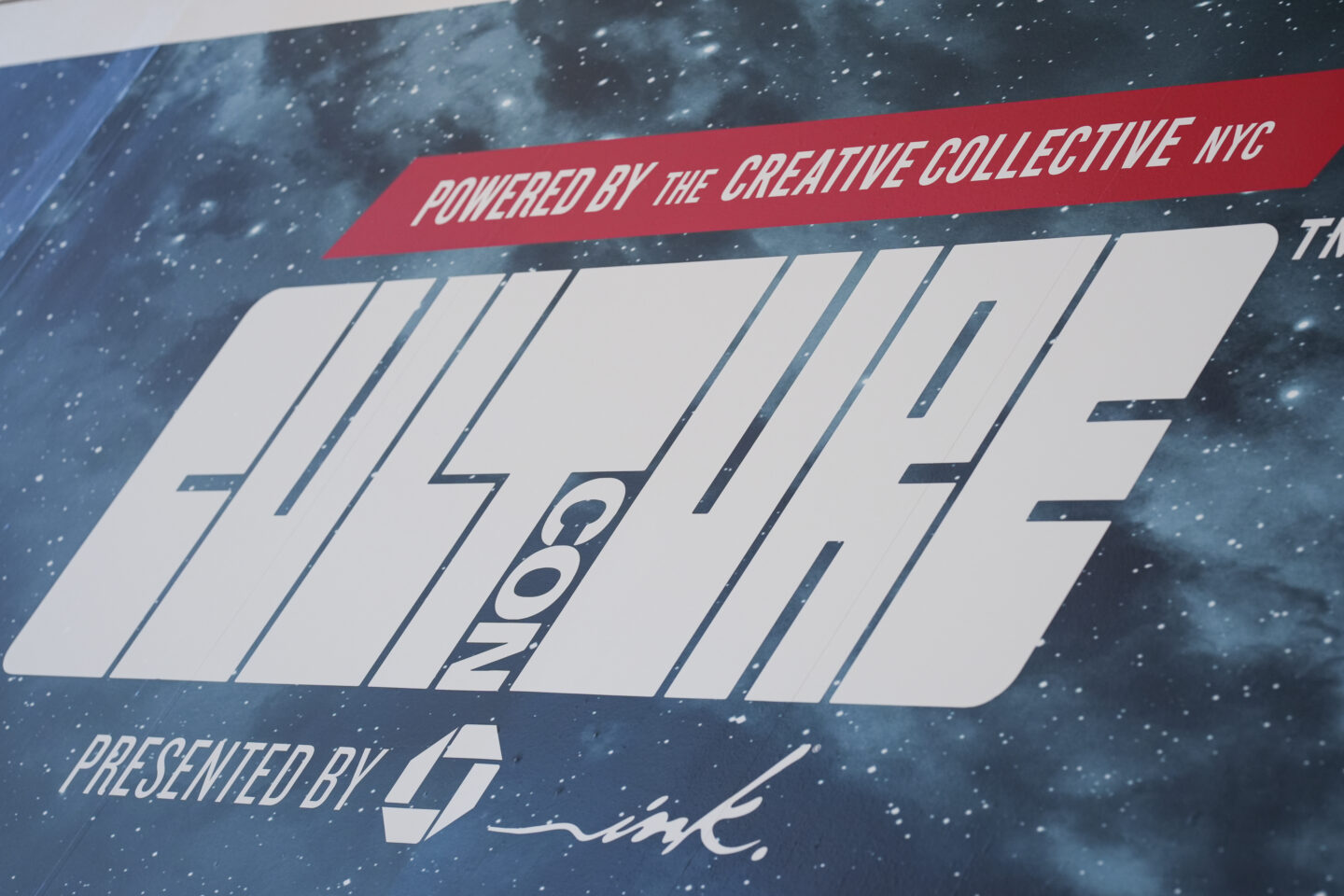
The never-ending discourse around CultureCon, EssenceFest, and other Black gatherings says more about us than it does about them.
Editor’s note: The following article is an op-ed, and the views expressed are the author’s own. Read more opinions on theGrio.
Somebody could, and probably will, write a whole dissertation on how people behave on social media, especially when it comes to Black cultural events.
Now, before we dive in, let me make a few things clear: 1) I attended my first CultureCon in 2022 as an attendee and returned this year as press; 2) I don’t believe Black brands are above critique; and 3) everyone is entitled to their opinion… I just don’t know if everything needs to be posted on social media.
We’re barely 48 hours out from this year’s CultureCon, and timelines are already full. Depending on your algorithm, you’ve either seen celebratory posts showing off fits, panels, and affirming soundbites—or threads full of critiques and disappointment.
I’m not here to decide who’s right or wrong because, honestly, two things can be true: CultureCon continues to pull off something remarkable—creating a unique space for Black creatives—and there’s always room for growth and improvement to deepen the impact.
But here’s what I find interesting: over the past year, there’s been a trend of people sprinting to social media to share their most negative take about an event almost immediately after it ends. And while social media is literally designed for opinion-sharing, I can’t help but wonder—if the goal is constructive feedback, why not fill out the post-event survey instead of writing a viral tweet or TikTok think piece?
View on Threads
The problem is that online discourse doesn’t just stay online. It’s loud, fast, and influential. A wave of negative commentary can overshadow an entire event and shape its public image. And when we’re talking about Black-led organizations—many of which are already jumping hurdles to stay funded—this can have real consequences.
Investors and sponsors see these posts. If you Google “CultureCon” or “EssenceFest” and the first thing that pops up is a flood of complaints, how eager do you think potential partners will be to cut a check next year?
As one creator, Fee (@feeeesah), put it, Black communities are often “over-mentored and under-sponsored.” That doesn’t just apply to individuals; it applies to our events, too. If we want CultureCon to expand—add more industry tracks, and move into new venues with space for more hands-on workshops—we have to be mindful of how we talk about these things publicly.
Part of what’s happening, I think, is collective frustration and anxiety. The economy is bleak. Job prospects are shaky. The news is relentless. People are exhausted by the state of the world, and when they invest time and money into something like CultureCon, they hope it will offer a reprieve or a breakthrough. And if it doesn’t, the disappointment gets funneled into critique—sometimes harsher than it needs to be. It’s like yelling at a customer service rep when what you’re really mad at is the entire system.
And just like Black people aren’t monolithic, Black events aren’t monolithic either. EssenceFest, CBC Week, CultureCon—each one has a different mission. Every gathering is not going to be life-changing for every attendee. Nor will it unlock a revolutionary change to reverse the realities of today. And while that sucks, that’s okay. We know that being Black, our entire existence is revolutionary. So while you may be frustrated that celebrities did not blatantly call out political issues—the conversations, and the fact that thousands of Black creatives came together in a space with the intent of investing in their ideas, no matter what they may be, is revolutionary.
View on Threads
For me, CultureCon was affirming, a breath of fresh air after months of suffocating on bad news. It was a reminder that we’re still here, still creating, still building. Yes, there’s room for improvement and critique. But can we also make space for gratitude and grace? Grace for organizers who are trying to juggle the same socio-political weight the rest of us are while also carving out space for us to feel seen, heard, and inspired.
So yes, have your opinions. But maybe also ask yourself: how much of that critique is really about the event—and how much is about everything else we’re carrying? Because the question isn’t just how we talk about these events. It’s what we’re really talking about when we do.
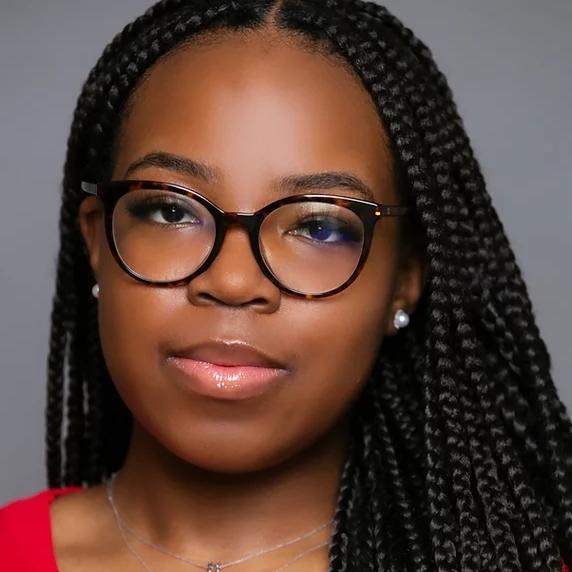
Haniyah Philogene is a multimedia storyteller and Lifestyle reporter covering all things culture. With a passion for digital media, she goes above and beyond to find new ways to tell and share stories.
What's Your Reaction?
 Like
0
Like
0
 Dislike
0
Dislike
0
 Love
0
Love
0
 Funny
0
Funny
0
 Angry
0
Angry
0
 Sad
0
Sad
0
 Wow
0
Wow
0




